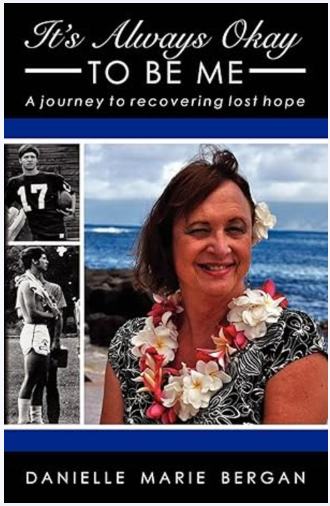In December 2016, the Gay, Lesbian, and Straight Education Network (GLSEN) released its biennial "2015 National School Climate Survey,” its flagship report on the experiences of LGBTQ students “including the extent of the challenges that they face at school and the school-based resources that support [their] well-being.”
They also produce state specific snapshots for 30 states, including Connecticut. This provides organizations like Triangle Community Center (TCC) with a concrete understanding of where we are and where we need to go locally as allies to LGBTQ youth.
Good news first…
In 2015, LGBTQ students in Connecticut typically reported having at least a handful of supportive staff and access to an active GSA (Gay-Straight Alliance) where they could find support and community in their peers.
As an organization, staff at TCC meet and collaborate with educators dedicated to the success and well-being of their students all of the time. What is heard most often, though, is that there is still work to be done. GLSEN’s snapshot of LGBTQ students in Connecticut supports this call to action. Notable findings in the 2015 report are eye-opening and are as follows. . .
“The majority of LGBTQ students in Connecticut regularly heard anti-LGBT remarks” including 14% of students who heard school staff make homophobic remarks and 29% of students who heard negative remarks about someone’s gender expression.*
“Most LGBTQ students in Connecticut had been victimized at school,” and half never reported the incident. Unfortunately, only 32% of those students who did make the often difficult decision to report an incident said it resulted in impactful staff intervention.*
Also notable, GLSEN found that the majority of transgender students (62%) had been unable to use the school restroom that aligned with their gender.*
These statistics are important reminders to adult allies and educators that inclusive legislation and policy on the state level and even the presence of an active GSA on campus are often not enough to ensure the lived equality of students in Connecticut schools.
GLSEN also includes in their biennial report key recommendations for how to implement impactful change in schools. For Connecticut, GLSEN recommends the implementations of comprehensive anti-bullying and harassment policies, the support of GSAs, professional development for staff on LGBTQ student issues, and increased access to LGBT-inclusive curricular resources.
The Connecticut sample was majority White/European American and suburban with only roughly a third of students of color submitting responses to the survey. Statistics show LGBTQ people of color face higher rates of discrimination across the board**. Thus, we must understan
Our work as allies to LGBTQ youth is imperative. Through its Cultural Competency program and youth programming, TCC staff are able to hear from students and dedicated educators every day. These competency trainings offer educators a chance to become acquainted with complex understandings of LGBTQ identities and ways to relate to and support the experiences of students in the classroom, hallways, and through existing counseling and health services.
Being an ally to LGBTQ youth can be an act as small as passing along information about local LGBTQ-affirming resources such as TCC or Circle Care Center (CCC) to people who may not know these resources exist to support LGBTQ individuals.



